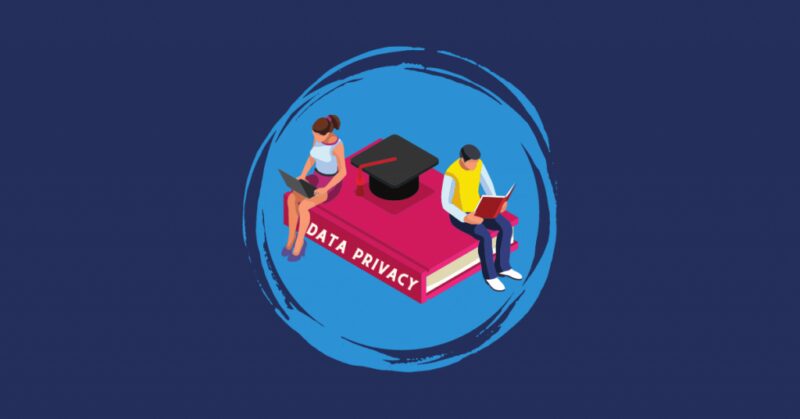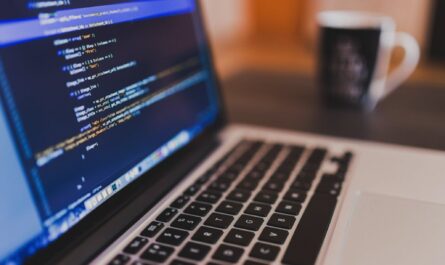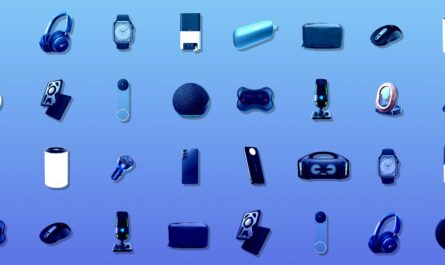Remote proctoring is a popular online assessment tool that is increasingly being used by educational institutions to ensure academic integrity during remote exams.
To preserve academic integrity and stop cheating on online tests, remote proctoring is a technological option. Due to the rise in student takers of online examinations, this technology has recently become extremely popular. Artificial intelligence (AI) and machine learning (ML) are used in remote proctoring to keep an eye on students throughout exams and make sure they are not plagiarising. Remote proctoring, nevertheless, presents moral questions regarding how to respect people’s privacy while upholding academic integrity.
Invasion of pupils’ privacy is one of the main issues. Numerous pieces of personal information on students, including images, videos, and audio recordings, are gathered via remote proctoring software. There are issues with this data’s security and the way it is utilised, kept, and deleted. The use of remote proctoring software also raises concerns regarding prejudice and fairness because certain students may be disadvantageous as a result of physical or mental impairments, cultural differences, or behavioural problems.
How does remote proctoring monitor students during exams?
A camera and microphone are used in remote proctoring to keep an eye on the student during an exam. Any unexpected action, such glancing away from the screen or switching to another page on the computer, will be picked up by the program. Additionally, it monitors mouse and keystroke activity to make sure that students aren’t accessing any unapproved applications or resources while taking the test.
Remote proctoring, nevertheless, poses ethical questions about privacy. The program can record sights and noises from the student’s surroundings since it has access to the student’s camera and microphone. This raises questions regarding the student’s right to privacy as well as the risk of software abuse.
The possibility for prejudice in remote proctoring is another ethical issue. The program might not be able to distinguish between cultural variations, physical or mental impairments, or behavioural problems that could influence a student’s performance. This can result in some students being treated unfairly and subject to prejudice.
An online monitoring technology called remote proctoring checks test takers’ identities and maintains academic integrity during distant tests. Remote proctoring has raised ethical questions, notably in regards to prejudice and privacy. Concerns concerning data security and privacy are raised by the fact that remote proctoring software is intended to acquire a significant quantity of personal data about students, such as images, videos, and audio recordings.
Furthermore, biassed remote proctoring software may result in unfair testing conditions for some students, particularly those with impairments, cultural differences, or behavioral problems.
What are ethical solutions for protecting student data?

Furthermore, the security of student data is an issue with remote proctoring. The program gathers a lot of information about pupils, including pictures, videos, and audio recordings that may be exploited or disclosed.
The implementation of privacy regulations and security procedures that safeguard student data is one method to solve the ethical issues that remote proctoring raises. Institutions need to make sure that any remote proctoring software they deploy complies with privacy laws like the General Data Protection Regulation (GDPR). They should also create policies that outline how the information gathered during remote proctoring will be utilized, saved, and discarded.
Institutions should establish privacy laws and security measures that protect student data in order to solve these ethical issues. The usage, storage, and disposal of the data collected during remote proctoring must be outlined in the institution’s rules, which must be created to guarantee that remote proctoring software conforms with privacy legislation like GDPR. Students should be informed about remote proctoring, including what data is gathered and who has access to it, by their institutions in a clear and open manner. If a student has privacy concerns or does not have access to a proper location for the exam, schools should provide them the choice to refuse remote proctoring.
How to address ethical concerns in remote proctoring?

Making sure that the software being used is impartial and does not discriminate against any particular student is another method to solve the ethical issues that remote proctoring raises. To make sure that it does not prejudice students with disabilities, cultural differences, or behavioural concerns, institutions should evaluate the software for bias. Additionally, institutions should make accommodations for students who need extra help throughout the exam.
Last but not least, schools need to make sure that the remote proctoring software is fair and does not favor any particular pupils. Institutions should check for bias in the software and provide adjustments for students who need extra help during the exam.
Finding a balance between safeguarding student privacy and upholding academic integrity while making sure that the technology is neutral and unbiased is necessary to resolve the ethical quandary surrounding remote proctoring.
In conclusion, remote proctoring creates an ethical dilemma that calls for a careful balancing act between ensuring academic integrity and privacy protection. While remote proctoring can be a good way to stop cheating on online examinations, institutions need to take action to address the ethical issues this technology raises.
They should implement privacy and security policies that protect student data, provide students with information that is clear and intelligible, and ensure that any software used is impartial and does not favor any particular student. Universities must ultimately retain academic integrity while giving their students safety and privacy top priority.







